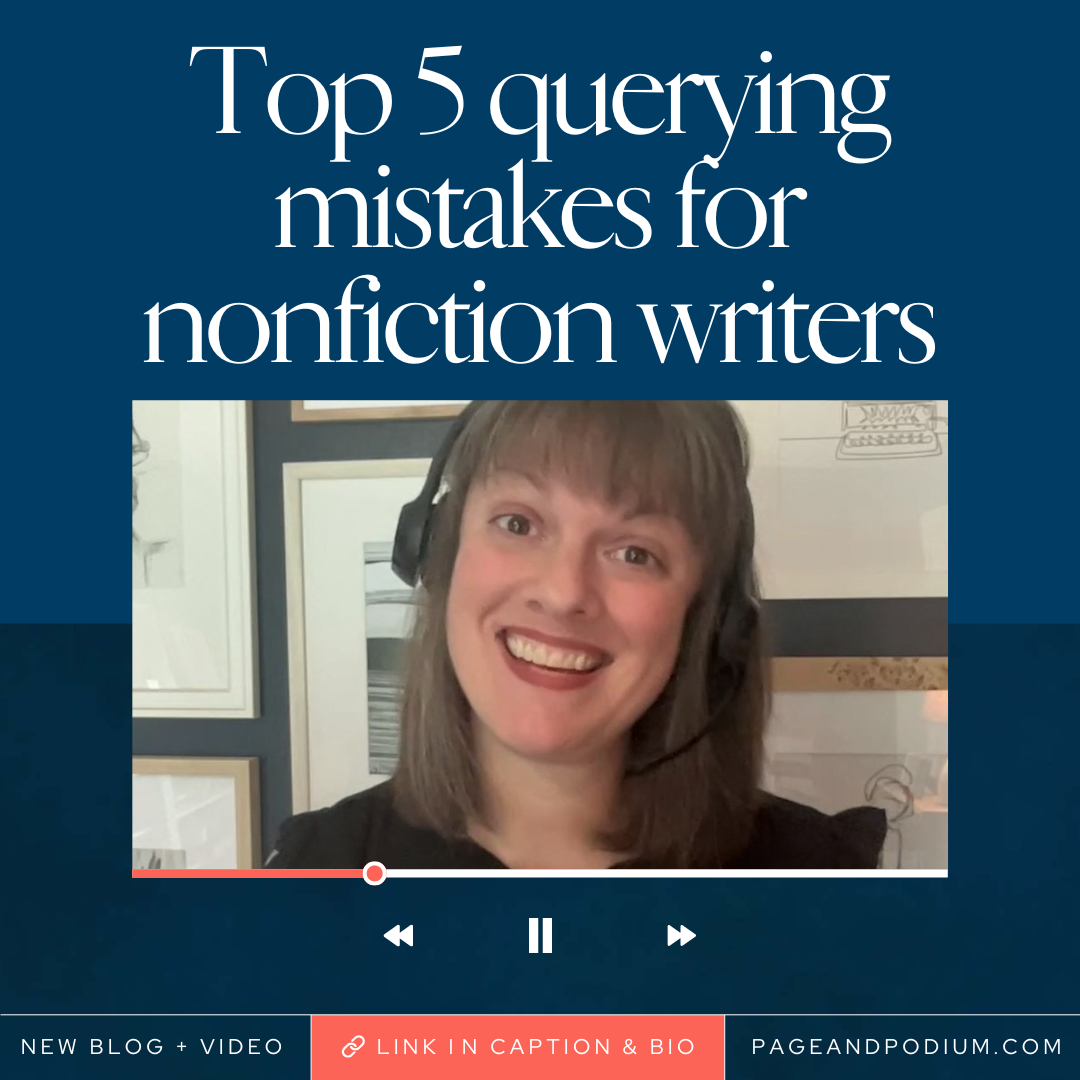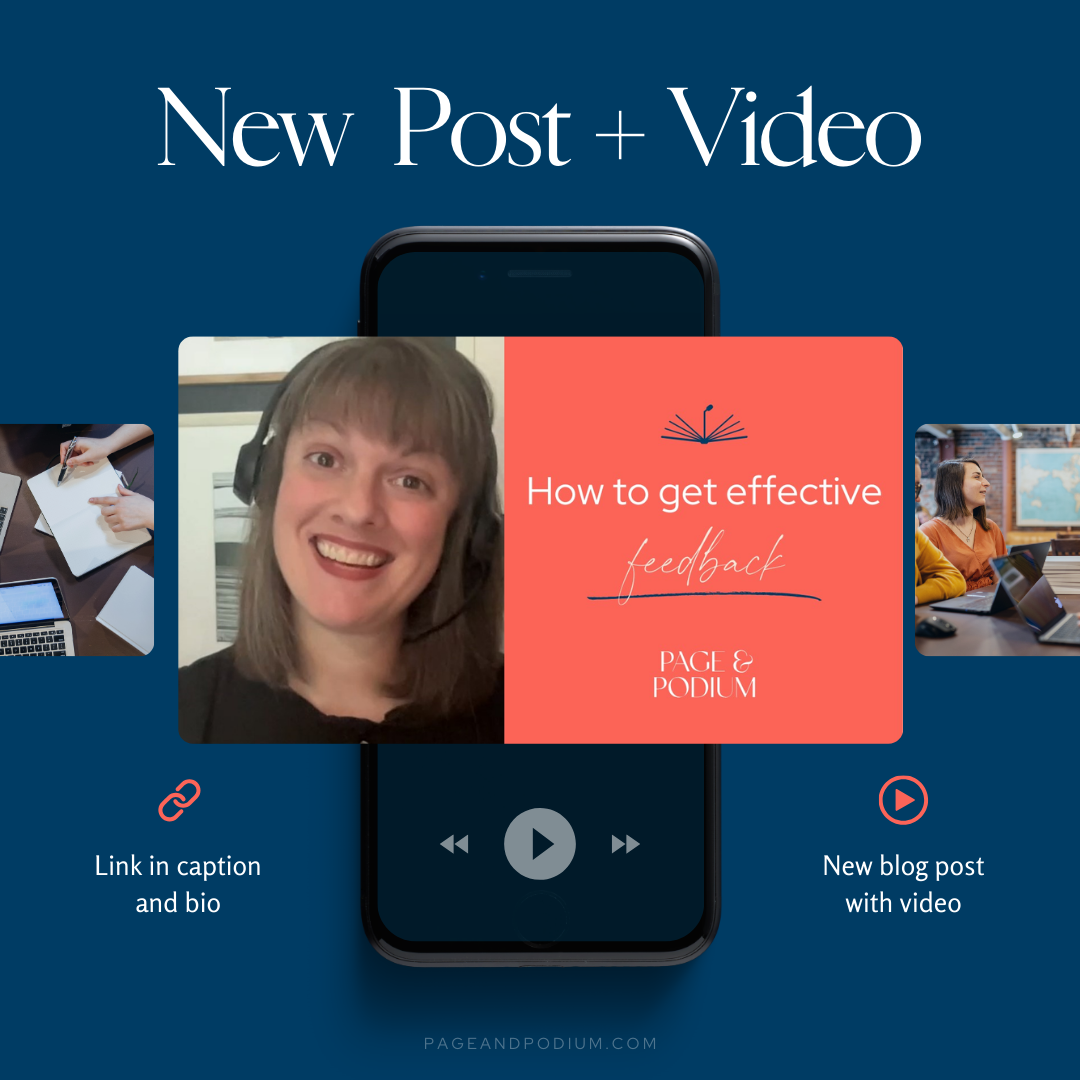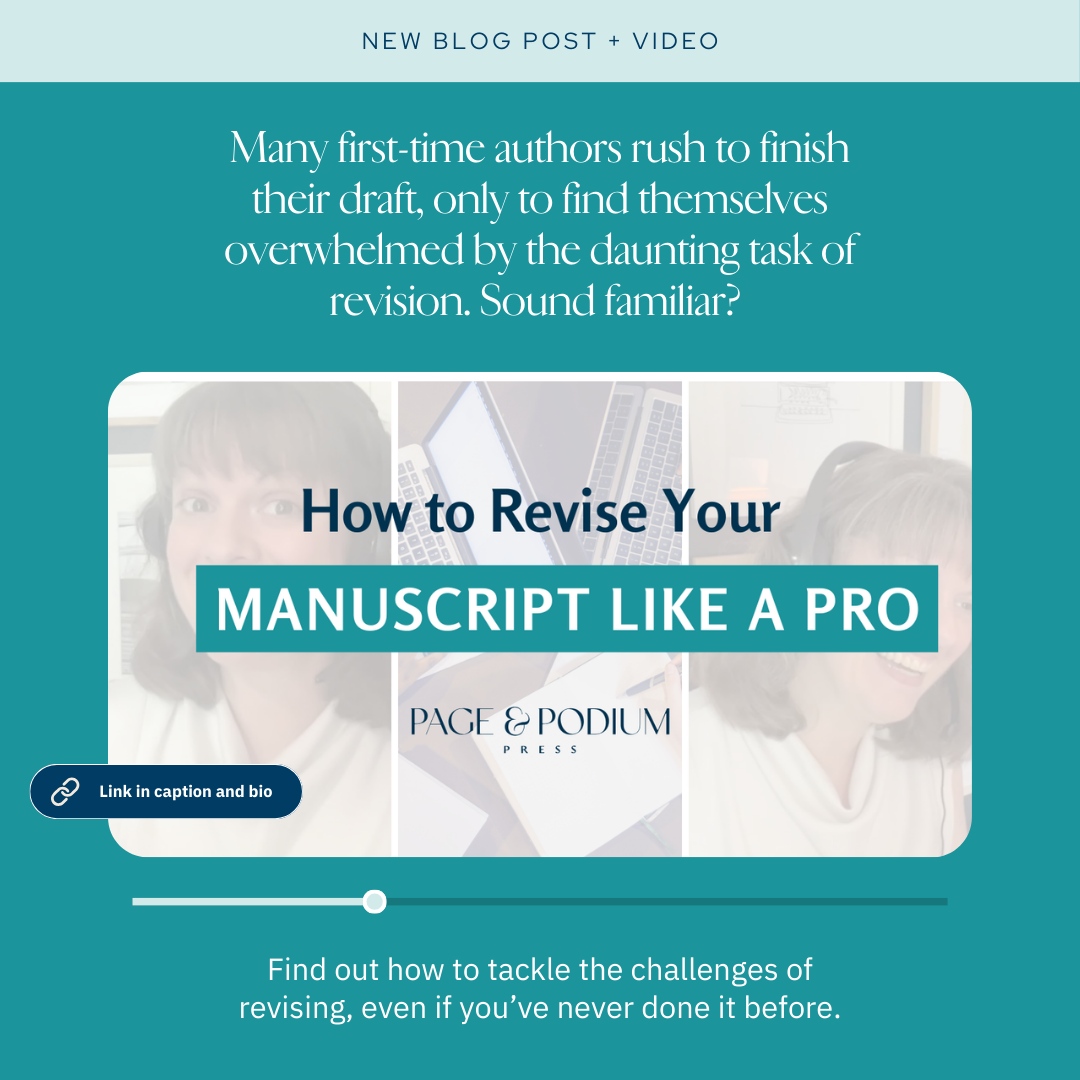I love a good ghost story, and yes, I’m being punny here. I’m talking today about ghostwriters. I speak to many aspiring first-time authors, and so many people could boost their book if they worked with a ghostwriter, either in whole or just for revisions or another part later in the process.
But many people are afraid of ghosts. If you have any questions, things like, “Is working with a ghostwriter cheating? Is hiring a ghostwriter plagiarism? If I work with a ghostwriter, will they steal my ideas? Will they take over my book?”
Let’s address each of these issues, one by one.
Fear of Delegating
This fear of ghosts is similar to the fear that many people have of delegating things they care about. Sometimes I talk to people who have been working on their book projects for over a decade. Sometimes, they have a manuscript that’s either partially completed or just like a rough draft; sometimes, they have very little.
Whatever the problem is—whether that’s that they don’t have enough time, they don’t know where to start, they are not sure how to keep making progress consistently, or they don’t knowhow to make a plan—the issue is almost always something that could be solved by hiring a ghostwriter
- A ghostwriter can help you with the planning.
- Ghostwriters are typically highly trained in what the industry is looking for.
- They also know what readers are looking for.
- And they’ll take over the part of the book process that’s…not so fun.

Is Ghostwriting Plagiarism?
Plagiarism is taking an idea that is not yours and putting your name on it. And that is not at all what’s happening with a ghostwriter. The idea was yours to begin with, so you’re the one who will put their name on it.
Of course! It was your idea, right?
When speaking in the rigorous sense of plagiarism, taking someone else’s idea and putting your name on it is not what ghostwriting is. When one hires a ghostwriter, they give them the idea. They are processing it into words on the page, but you are putting your name on your concept. It was always your idea.
But when I hear that people are concerned about plagiarism, I don’t usually hear that their concern is that they are ethical.
A lot of times, people are apprehensive they’re going to get in trouble.
But here’s an industry secret: when you work with a ghostwriter, your agent and publisher know that you’re much more likely to deliver high-quality work on time. That’s a big, big deal!
They won’t care at all that you got help in the writing…other than to be happy that you’ll get it done and get it done well.
Is Ghostwriting Cheating?
Related to plagiarism, the second fear that I hear the most is that people are worried that they are cheating. When we write our books, we want to go to our community and we want to share our huge accomplishment.
People worry that, if they hire a ghostwriter, they won’t be able to claim that accomplishment. And that’s simply not true.
Writing is only one piece of a book puzzle. The bolder, more intelligent, more complex piece is actually putting those ideas together. The author does that with most ghostwriters I know. Ghostwriters will help you organize, sort, and figure out the storyline and narrative, making your idea more engaging.
We’re not interested in stealing your story. We love working with authors. We really love the writing part. Having someone else bring ideas to us is amazing!
I’ll also note, at least for Page & Podium, that anytime somebody comes on a consult, their ideas are already protected. They’re already confidential. I’m never going to have a consult with somebody and then go put on social media, “Oh, listen to this great book idea.” I’m never going to take somebody’s title and use it in my work or give it to another client. I would never do that, because I would not be in business very long if I did.
If you’re nervous to share with us on a consult, though, there’s a simple solution. We can send a temporary NDA (non-disclosure agreement) in advance of you sharing anything.
Can a Ghostwriter Really Match My Voice?
Another thing that authors tend to be afraid of is their voice. People are so worried that the book is going to come out, and it won’t sound at all like them. I get this. It comes from authors who have hired “ghostwriters” who were not ghostwriters but rather writers. Some people choose to hire journalists, for example. But a journalist (or any other typical writer) will probably write your book in their voice. Not yours.
But that’s not because it’s impossible to write in your voice! It’s because journalists are not ghostwriters; they are writers.
Matching clients’ voices is probably the second most rigorous aspect of ghostwriter training second only to keeping ourselves out of your ideas. Ghostwriters are trained to look for what we call tells. The tells are the particular aspects of your speech or your writing that can help a reader or a listener associate your message with you.
To give a non-nuanced example, I’m from the Midwest—from Kansas. I have always said, “I’m going to have a pop.” Whether it’s a Coke, a Pepsi, or a Dr. Pepper, I’m going to order a pop.
When I moved down to Memphis, Tennessee, of course, I heard people say soda. I also heard people say Coke and mean all the different varieties of pop. I actually stopped saying the word pop when I lived there, because people didn’t know what I meant!
Let’s say that you’re a Kansas person just like me. You hire a ghostwriter in the South. If you are writing about Dr. Pepper, I would expect any good ghostwriter to use the terminology you use automatically. They should call that Dr. Pepper a “pop.”
That’s is a non-nuanced example, of course. It’s a very, very specific reference.
But lots of tells aren’t so clear and obvious.
For example, sentence structure, word choice, and other factors go into your voice tells:
- Do you like long sentences, or do you like your sentences to be very short?
- Do you select flowery, exciting language?
- Do you want your writing to be clear and to the point?
There are all kinds of things like this that we do subconsciously as speakers and writers. We would call that our voice. While we don’t think about those as writers and speakers, ghostwriters are trained to think about them. Part of the certification process is writing many ghostwritten things and copying the author’s voice throughout (and we have to redo the work until we get it right…or we don’t get certified!).
If you are working with a certified ghostwriter, and this is mainly something that we at Page & Podium pride ourselves on, this idea of “Will it be in my voice?” really should not be a big concern for you.
I can’t speak for all ghostwriters. I’m sure some ghostwriters could be better at this.
But at Page & Podium, we even have a whole block of testimonials on our website that are specifically about people who were so impressed that we got their voices right. So when you work with us, this is not something to worry about.
If you’re working with another company or freelancers, this is something that you can ask your ghostwriter about. Ask them directly whether they’re certified and whether they will write in your voice or theirs.

Can You Make Money by Working with a Ghostwriter?
One thing we help people think about is, from the very beginning of your book writing process, how can you increase your odds of making that money back, of getting a return on investment (an ROI).
Still, one thing that you do need to think about is how much you are willing to spend on a ghostwriter. At Page & Podium, we have a couple of different packages.
Our largest package is very collaborative and is priced in the mid-five-figures.
We also have a smaller package, the Changemaker, which is about a third the price of the larger package. That package includes a shorter book and requires you to do a bit more work, but it also comes with your cover design, layout, and metadata—all the stuff you need to do the self-publishing route.
Some ghostwriters will charge you a specific project rate, depending on your book. Often, ghostwriters will not share prices upfront, but you should be prepared to spend at least 40¢ or 50¢ a word, up to $1 a word or more, depending on who you’re working with.
If we’re thinking about a 45,000-word business book or a 60,000-word memoir, you can do that math. The budget can feel prohibitive or overwhelming, but there are lots of ways to fund a book:
- Crowdsourcing
- Signing on at the end of the year to take a big deduction on your taxes
- Taking out a loan
- Finding an investor to split the cost
There are other ways to get the money together if this is something you want to do, but there is no reason to be afraid of your budget. We will tell you whether the investment makes sense—whether we believe we can earn it back, and how.
I Ain’t Afraid of No Ghosts!
At this point, if you’re afraid of ghosts, I hope it’s only the spooky kind that walk around in haunted castles in the middle of the night.
There is no reason to be scared of ghostwriters. We love working with clients. We love meeting new people and hearing about their stories, especially for us at Page & Podium. We would love to chat with you.
Just reach out through the “Apply” button at the top of the screen!



